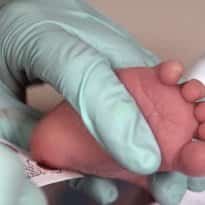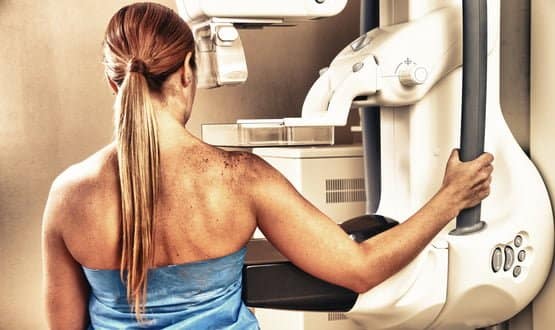Newborn screening tech covers England
- 23 February 2015

An IT system to keep track of newborn babies screened for serious genetic conditions has expanded to cover the entirety of England.
The newborn blood spot failsafe solution developed by Northgate Public Services is now available in all 246 maternity units, as well as 159 child health records departments and all 13 newborn screening labs.
The technology identifies babies that have and have not been screened as part of the NHS newborn blood spot screening programme, which offers screenings for babies at five days old for nine rare genetic conditions, such as cystic fibrosis and sickle cell disease.
In a statement to EHI News, NPS said the blood spot solution is based around a national data store.
This integrates existing data sources from 13 laboratories and the Personal Demographics Service birth notification feed through a combination of secure file sharing and interoperability toolkit messaging, to create a national database.
A web application is then deployed on top of this database to filter and present colour-coded 'failsafe lists' of babies requiring a screen to each maternity unit, child health unit and laboratory.
This enables individual units to see the oldest babies still awaiting a screening, with records displayed in red for those of 17 days or older.
NPS first launched the blood spot failsafe solution in August 2013 to screen for five diseases: phenylketonuria, congenital hypothyroidism, medium-chain acyl-CoA dehydrogenase deficiency, CF and SCD. Screening is carried out by a midwife who takes a small blood sample from a baby.
The project has since been rolled out across the rest of the country, with the final two sites going live at the beginning of 2015.
Four new inherited metabolic conditions have also been added to the screening process this year: homocystinuria, maple syrup urine disease, glutaric aciduria type 1 and isovaleric acidaemia.
According to NPS, 693,000 babies were screened during 2014 as part of the newborn blood spot screening programme and more than 1,200 tested positive for a serious condition.
The screening programme is carried out by Public Health England, which says that early treatment of babies who test positive for a serious condition “can help to improve their health and prevent severe disability or even death.”
The programme launched an e-learning tool for healthcare professionals in February 2015.
This aims to help improve the quality of blood spot samples in England, explain why blood spot quality matters and explain the reasons why repeat samples are requested. It also provides practical advice on taking good quality blood spot samples.
NPS has experience in rolling out national IT screening programmes from having previously implemented the Abdominal Aortic Aneurysms (AAA) programme and the Newborn Infant Physical Examination (NIPE) programme.
Ian Blackhurst, executive director of solutions for NPS said: “While screening is not the same as diagnosis, this method identifies which babies need to go on to have diagnostic tests to determine whether or not they do have a condition.
“By detecting these conditions early, it is possible to treat them and reduce their severity, potentially preventing more serious problems and even saving lives.”




